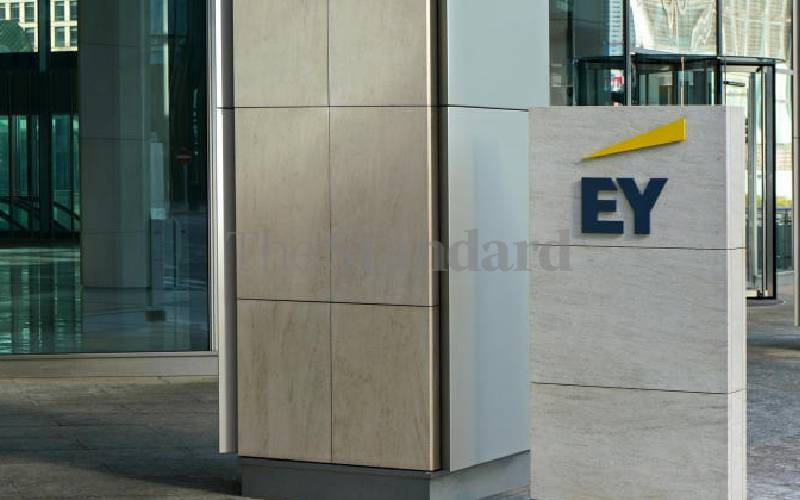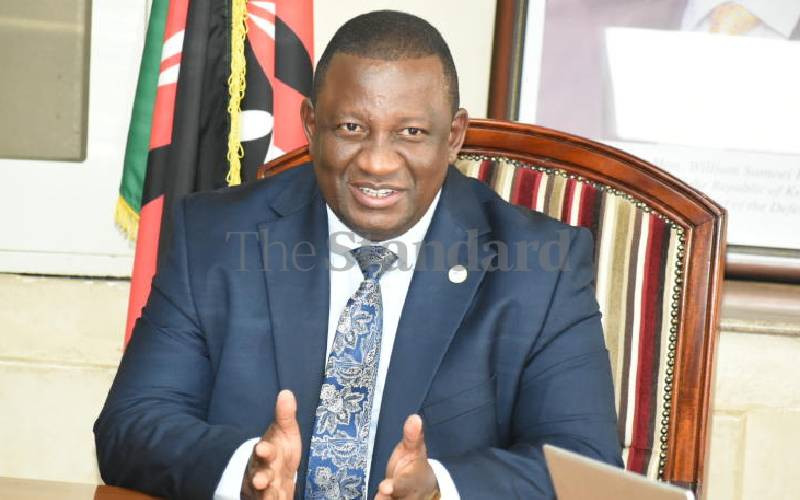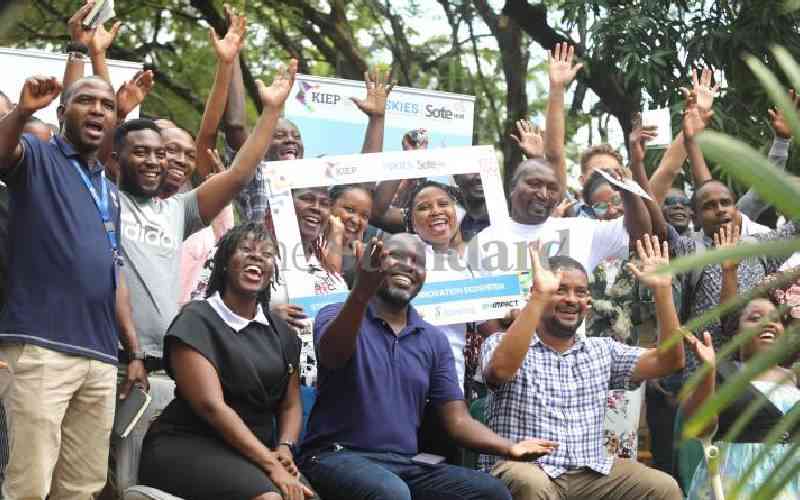
The World Bank Group has debarred Kenya-based Ernst & Young LLP (EY) for two and a half years for failing to disclose conflict of interest and engaging in fraud and corrupt practices in implementing two projects in Somalia.
The debarment is in connection with sanctionable practices as part of the Somali Core Economic Institutions and Opportunities Programme (SCORE) and the Second Public Financial Management Capacity Strengthening Project (PFM II) in Somalia.
SCORE was designed to improve the enabling environment for private and financial sector development and catalyse private investment and job creation.
PFM II aimed to establish and strengthen systems of domestic revenue mobilisation, expenditure control, and accountability in the Federal Government of Somalia, Puntland State of Somalia, and Somaliland State.
Project officials
The firm provides various services including assurance, tax, consulting, advisory and information technology.
“According to the facts of the case, EY Kenya failed to disclose a conflict of interest during the selection and implementation of four contracts under the SCORE and PFM II projects, and the involvement of an agent in those contracts,” the World Bank Group said in a statement.
“In addition, during the execution of one of the contracts, EY Kenya made a provision for allowances to be paid to project officials. This conduct constitutes fraudulent and corrupt practices under the WBG Consultant Guidelines,” it added.
The debarment makes EY Kenya and any affiliates it controls ineligible to participate in WBG-financed projects and operations.
It is part of a settlement agreement under which the company admits culpability for sanctionable practices and agrees to meet specified integrity compliance conditions as a requirement for release from debarment.
This includes developing and implementing an integrity compliance programme that reflects the principles set out in the WBG Integrity Compliance Guidelines.
The company also commits to continue to cooperate with the WBG Integrity Vice Presidency fully. “The settlement agreement also provides for a reduced period of debarment in light of the company’s admission of the misconduct and cooperation, aspects of its existing integrity compliance programme and voluntary remedial actions—including disciplinary action against the staff involved in the misconduct—and voluntary restraint from bidding for WBG-financed contracts during the settlement agreement negotiations,” noted the World Bank
“The debarment of EY Kenya qualifies for cross-debarment by other multilateral development banks under the Agreement for Mutual Enforcement of Debarment Decisions that was signed on April 9, 2010,” the World Bank statement added.
The African Development Bank has been tightening oversight of its Kenya-based projects, following the blacklisting of numerous Kenyan firms for alleged corruption. The move aims to enhance transparency and prevent future graft.
As part of this new approach, the AfDB earlier announced plans to hire quality assurance experts to scrutinise bids from Kenyan firms competing for the bank’s multi-billion shilling projects.
This increased scrutiny signifies a tougher stance against potential loopholes for corruption. The decision came after a significant number of Kenyan firms were blacklisted by the AfDB for questionable practices.
This action underscored the bank’s commitment to responsible lending and ensuring its funds are used for their intended purposes.
A blacklisting by the AfDB for fraud could trigger similar actions from other major development lenders. This includes institutions like the Asian Development Bank (ADB), the European Bank for Reconstruction and Development (EBRD), the Inter-American Development Bank (IADB), and the World Bank.
These institutions, primarily funded and controlled by governments, share a strong interest in combating corruption within their multi-billion-dollar development projects.
A blacklisting by the AfDB could set a precedent and encourage these other banks to take similar steps against firms involved in fraudulent activities.
 The Standard Group Plc is a multi-media organization with investments in media platforms spanning newspaper print
operations, television, radio broadcasting, digital and online services. The Standard Group is recognized as a
leading multi-media house in Kenya with a key influence in matters of national and international interest.
The Standard Group Plc is a multi-media organization with investments in media platforms spanning newspaper print
operations, television, radio broadcasting, digital and online services. The Standard Group is recognized as a
leading multi-media house in Kenya with a key influence in matters of national and international interest.











